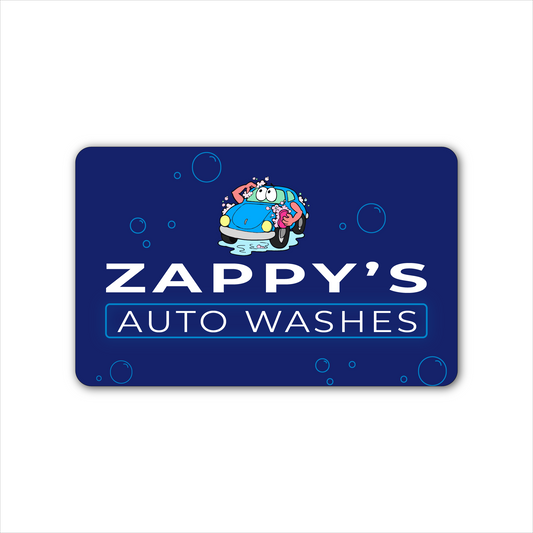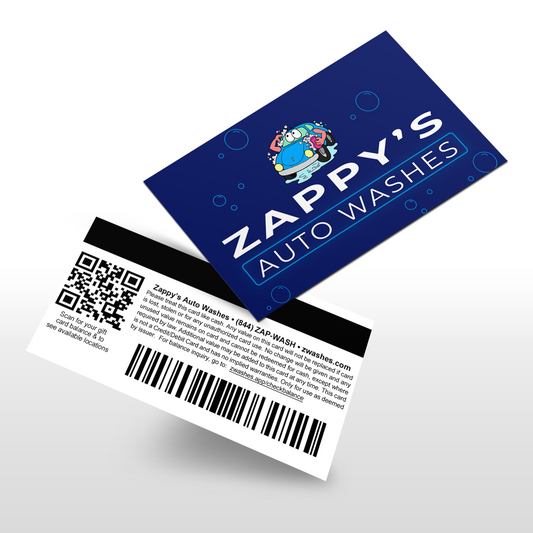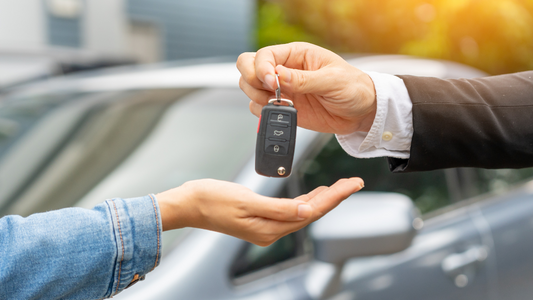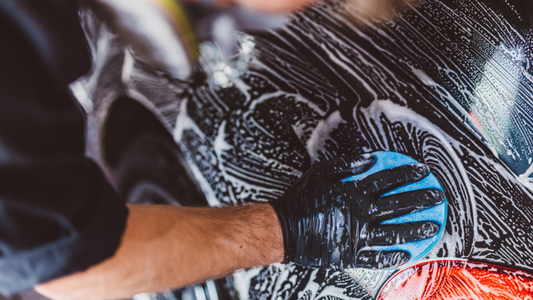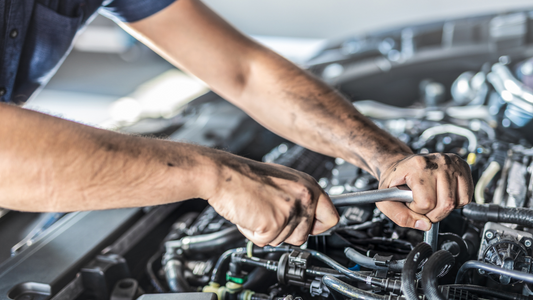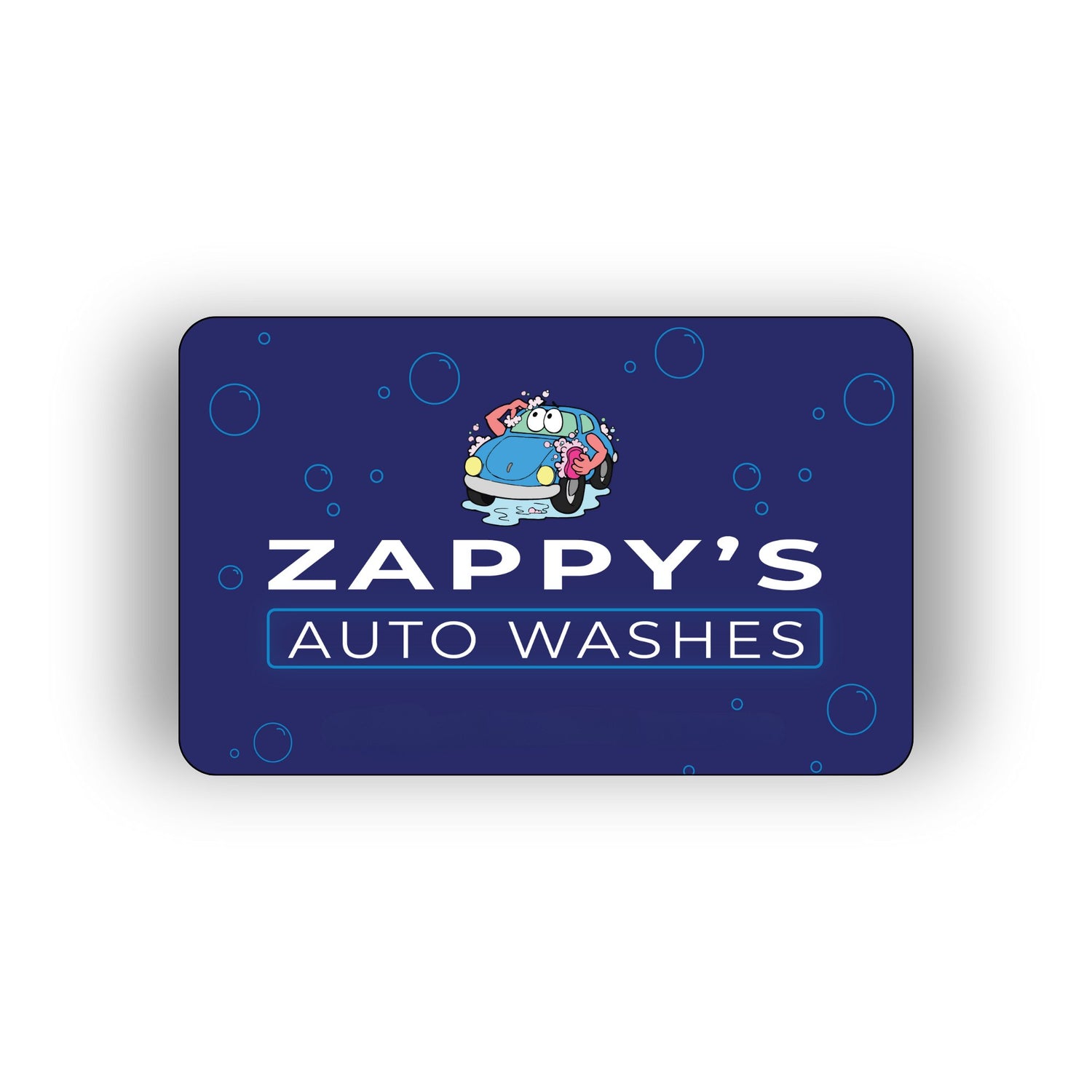Introduction
In the event of an emergency, being prepared can make all the difference. Having the right supplies in your car can help you out of a jam--or even save your life. Here are some items we recommend keeping in your vehicle at all times:
Jumper Cables
When it comes to jumper cables, there are a few things you should know. By themselves, jumper cables aren't enough to start an engine. You'll need another car or truck with a good battery (or your own) that can provide power to the car with the dead battery. If you're using someone else's car, make sure both of your vehicles are turned off and put in park before connecting the jumper cables. Before attaching one end of each cable to its respective car, brush off any dirt or debris from the exposed metal clamps so they don't touch each other while you're working on them. This will prevent them from getting shocked if they come into contact with each other while you're using them!
Braces
Braces are another essential item that can help you in an emergency. They can be used as splints or to provide support for your back, which is useful if you’ve been injured and need to walk out of the car. They can also be used as a brace for broken legs or ankles, allowing you to leave with less pain than you would have otherwise experienced.
Flashlight
You’re driving home from work, and you see a car coming at you in the opposite lane. The car swerves sharply to avoid hitting a deer that had just appeared in front of it. Suddenly, your own vehicle hits something else—a patch of ice that sent your car into a spin. Everything is going wrong all at once!
In this type of situation, it can be very helpful to have a flashlight on hand so that you can see what's happening around you and possibly help out others who are involved in the same accident as well.
Water
Did you know that in a car accident, having water in your car can mean the difference between life and death? Drinking plenty of water each day is important for keeping your body hydrated and preventing dehydration. Just like when driving around town, it's always a good idea to keep bottled water in your car just in case of emergencies. Since you never know when you might find yourself stuck on the side of the road with no other options available, it's best to stay prepared by carrying around some extra liquid refreshment just in case something goes awry en route to work or home.
If there is an emergency situation that requires cleaning up blood or other bodily fluids, having water on hand can help clean wounds while also providing victims with immediate relief from pain caused by an injury (or multiple injuries). If there is an accident involving fire or smoke inhalation, drinking at least 8 ounces (a full glass) of cool tap water will help prevent further damage from occurring until first responders arrive on scene. Finally—and this should go without saying—keeping yourself hydrated will keep everyone else who may be involved safe too!
Food
It is important to have food in your car in case of an emergency. Depending on how long the emergency lasts, you'll want to make sure that the food items you have are easy to carry, prepare and eat. Some items that fit the bill include:
- Granola bars or protein bars
- Nuts (peanuts, almonds)
- Hard candy (M&Ms)
- Powdered milk
First Aid Kit
It's important to know what to do in case of an emergency. First aid kits are the easiest way to respond, but they're often the first things that are forgotten. Making sure that you have one with you can save lives and let you take charge of a situation while waiting for help:
What should I include in my kit?
- Bandages and other wound dressings (such as butterfly bandages)
- Gauze pads: These come in various sizes and should be used when there's bleeding or swelling on top of open wounds. They're also great for cleaning up cuts before applying bandages or ointment.
- Sterile gauze rolls: These are great for soaking up liquids from wounds without having to change out your dressing every few hours like some gauzes would require (you can buy these at any local drug store). You'll need some sterile wipes too! You'll want plenty because accidents happen so quickly sometimes—if there's blood everywhere then those little packets will dry out fast!
- Antibiotic ointments such as Neosporin or Polysporin cream; antibiotic sprays may also be useful depending on how much time you have available before needing medical care
Blanket
A blanket is a great thing to have in your car. It can be used to keep you warm, or it can be used to keep someone else warm. For example, if someone is injured or sick and they need help warming up, you can use this simple tool to help them out. Also, if it's cold outside and you're stuck in your vehicle for whatever reason (such as an accident), this will come in handy as well!
Extra Clothes
It goes without saying that you should always have extra clothes in your car. You never know when an accident may occur and it will help keep you warm, dry, comfortable, clean and safe.
If you are involved in a collision or simply get stuck on the side of the road waiting on help to arrive (which can take up to an hour) these items can also provide some comfort for those involved in the crash.
Fire Extinguisher
A fire extinguisher or two in case of engine fires or electrical fires that could startle your vehicle into catching fire inside the cabin (this is rare but not unheard of). Make sure to make space for these items somewhere safe so they don't get damaged during travel!
Tools
A small toolkit with an assortment of screwdrivers and pliers, as well as a wrench, a hammer, and a saw. Having these items on hand can help you to fix minor mechanical problems that crop up while driving. If you don't have one, you should make sure to buy one before setting off on your journey.
Ice Scraper
An ice scraper and/or snow brush - If it's winter time where you're headed then there's no better way to prepare than by having these necessities handy when needed most!
Conclusion
It’s important to keep in mind that these things aren’t just for emergencies. They can also be helpful if you’re stranded on the side of the road or just need some extra supplies while driving somewhere. So whether it’s a long road trip or a quick drive to the store, always be prepared with these key items!
